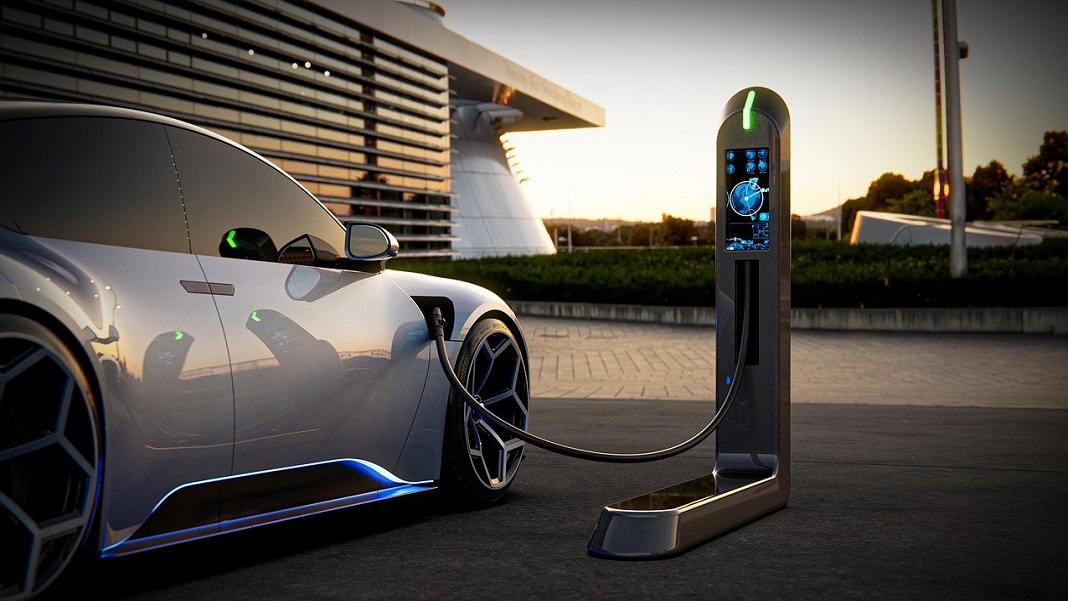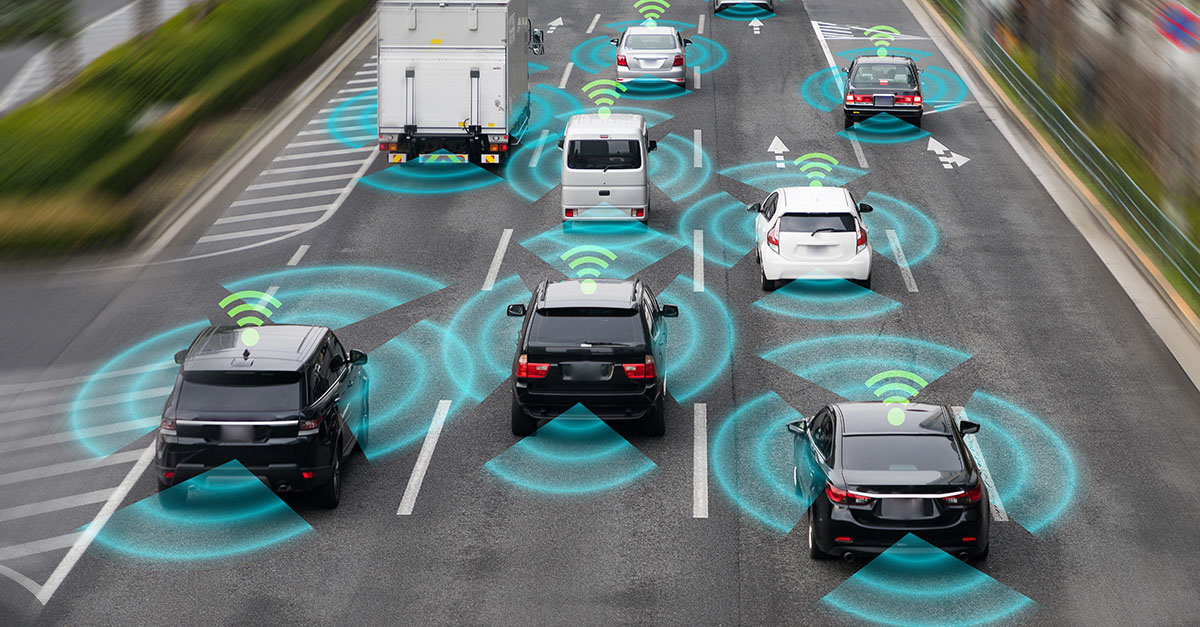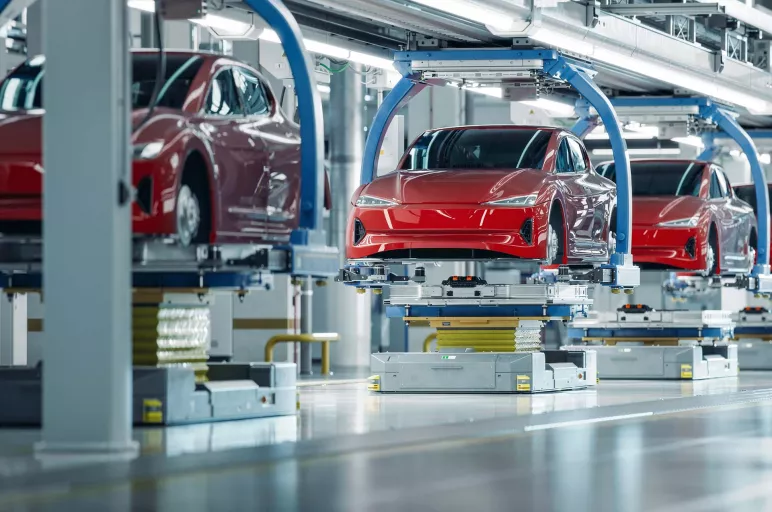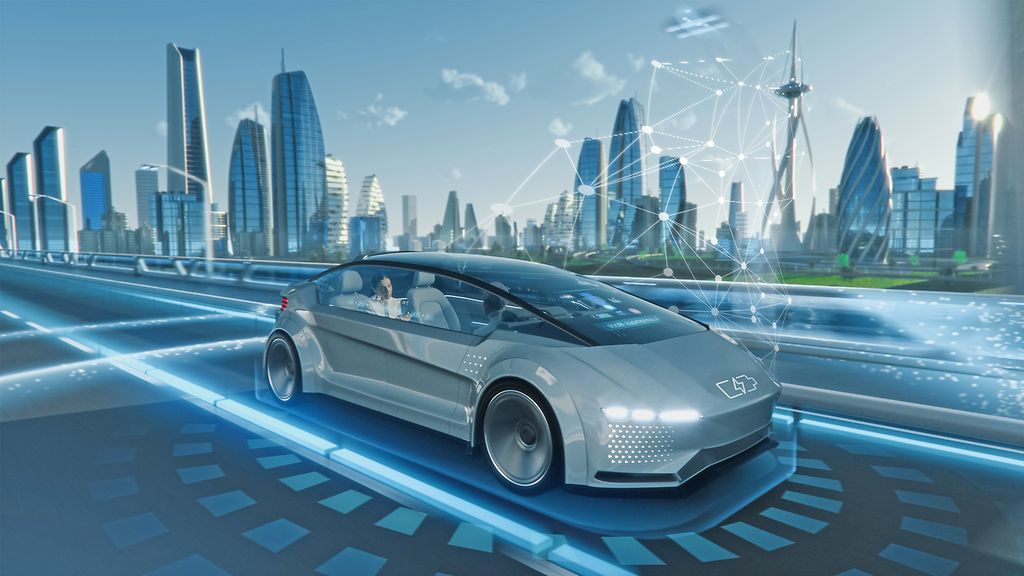The automotive industry is on the cusp of a significant transformation, with groundbreaking innovations poised to redefine the way we think about transportation. From electric vehicles to autonomous driving technology, the future of cars holds immense promise for drivers around the world.
Electric Revolution

One of the most notable trends in the automotive industry is the rapid adoption of electric vehicles (EVs). With advancements in battery technology and a growing emphasis on sustainability, EVs are set to become increasingly prevalent on roads worldwide. Companies like Tesla, Rivian, and Lucid Motors are leading the charge with their cutting-edge electric vehicles, offering consumers a glimpse into the future of clean, efficient transportation.
Autonomous Driving Technology
Autonomous driving technology continues to evolve at a rapid pace, promising to revolutionize the way we commute and travel. Companies like Waymo, Cruise, and Tesla are pushing the boundaries of self-driving technology, aiming to make fully autonomous vehicles a reality in the coming years. From enhanced safety features to improved convenience, autonomous driving has the potential to transform the driving experience and reduce accidents on our roads.
Sustainable Materials and Design
In response to growing environmental concerns, automakers are increasingly turning to sustainable materials and innovative design solutions. From recycled plastics to bio-based composites, the use of eco-friendly materials is becoming more widespread in car manufacturing. Additionally, advancements in design techniques are enabling automakers to create vehicles that are both aesthetically pleasing and environmentally responsible.
Connectivity and Smart Features

The integration of connectivity and smart features is transforming the driving experience, making cars more intuitive and connected than ever before. From in-car infotainment systems to advanced driver-assistance features, modern vehicles are equipped with a wide range of technology designed to enhance safety, convenience, and entertainment for drivers and passengers alike.
Hypercars and Supercars
For enthusiasts seeking unparalleled performance and luxury, the future holds an exciting array of hypercars and supercars. With companies like Bugatti, McLaren, and Ferrari pushing the limits of engineering and design, the next generation of high-performance vehicles promises to deliver mind-blowing speed, agility, and style.
Urban Mobility Solutions
As cities around the world grapple with traffic congestion and pollution, urban mobility solutions are becoming increasingly important. From electric scooters to ride-sharing services, innovative transportation options are emerging to address the unique challenges of urban living. Companies like Uber, Lyft, and Bird are leading the way with their innovative approaches to urban mobility, offering consumers greater flexibility and convenience in getting from A to B.
Flying Cars
The concept of flying cars, once relegated to the realm of science fiction, is inching closer to reality. With advancements in propulsion technology and regulatory frameworks, companies like Uber Elevate, Terrafugia, and AeroMobil are working towards making flying cars a viable mode of transportation in the near future. While there are still significant hurdles to overcome, the prospect of taking to the skies in a personal flying vehicle is becoming increasingly feasible.
Personalized Transportation
In the future, transportation will be more personalized and customizable than ever before. From modular vehicle designs to on-demand transportation services, consumers will have greater control over how they move from place to place. Whether it's choosing the perfect vehicle configuration or selecting the most convenient route, personalized transportation options will cater to the individual needs and preferences of each driver.
Environmental Impact and Regulations

As concerns about climate change continue to mount, automakers are under increasing pressure to reduce their environmental footprint. Regulatory bodies around the world are imposing stricter emissions standards and incentivizing the development of cleaner, more sustainable vehicles. In response, automakers are investing heavily in electric and hybrid technology, as well as exploring alternative fuels and propulsion systems to minimize the environmental impact of their products.
Challenges and Opportunities
While the future of cars holds immense promise, it also presents significant challenges for automakers. From navigating regulatory hurdles to managing supply chain disruptions, companies must overcome numerous obstacles to bring innovative new vehicles to market. However, with these challenges come opportunities for growth and innovation, as companies collaborate and compete to shape the future of transportation.
Consumer Expectations
In an increasingly competitive market, meeting the evolving expectations of consumers is paramount for automakers. From advanced safety features to seamless connectivity, drivers expect more from their vehicles than ever before. As such, automakers must continually innovate and adapt to stay ahead of the curve and deliver the features and experiences that consumers demand.
Investment and Innovation

The future of cars will be shaped by bold investments and groundbreaking innovations from companies around the world. From established automakers to ambitious startups, the race to develop the next generation of vehicles is heating up. Whether it's breakthroughs in battery technology or advancements in AI-driven mobility solutions, the automotive industry is at the forefront of innovation, driving progress and shaping the future of transportation.
Conclusion
The future of cars is filled with excitement and possibility, as technological advancements and shifting consumer preferences reshape the automotive landscape. From electric vehicles and autonomous driving technology to hypercars and flying cars, the next decade promises to be a transformative period for transportation. By embracing innovation, sustainability, and collaboration, automakers can navigate the challenges ahead and deliver the cars of tomorrow that drivers have been waiting for.
FAQs
Q: When can we expect flying cars to become a reality?
Ans: While the concept of flying cars is still in its infancy, significant progress is being made in the development of personal air transportation. Companies like Uber Elevate and Terrafugia are actively working towards bringing flying cars to market within the next decade.
Q: What are some of the key benefits of autonomous driving technology?
Ans: Autonomous driving technology has the potential to improve road safety, reduce traffic congestion, and increase mobility for individuals with disabilities or limited mobility. Additionally, self-driving cars can offer greater convenience and productivity for passengers, allowing them to relax or work during their commute.
Q: How will electric vehicles impact the automotive industry?
Ans: Electric vehicles are poised to revolutionize the automotive industry by offering a cleaner, more sustainable alternative to traditional internal combustion engine vehicles. With advancements in battery technology and charging infrastructure, EVs are becoming increasingly viable options for consumers looking to reduce their carbon footprint and save on fuel costs.
Q: What role will sustainability play in the future of car manufacturing?
Ans: Sustainability will play a central role in the future of car manufacturing, as automakers strive to reduce their environmental impact and meet the growing demand for eco-friendly vehicles. From using recycled materials to minimizing waste in the production process, sustainability initiatives will shape the design and manufacturing practices of future cars.
Q: How will personalized transportation options benefit consumers?
Ans: Personalized transportation options will give consumers greater control and flexibility over how they travel, allowing them to choose the vehicle, route, and travel time that best suits their needs. Whether it's selecting a shared ride or booking a private car, personalized transportation options will offer convenience, comfort, and customization for every journey.